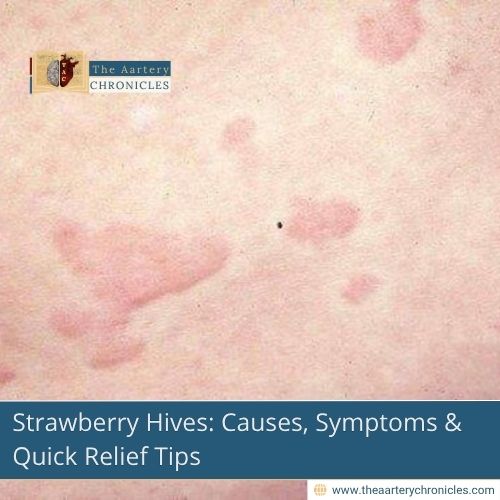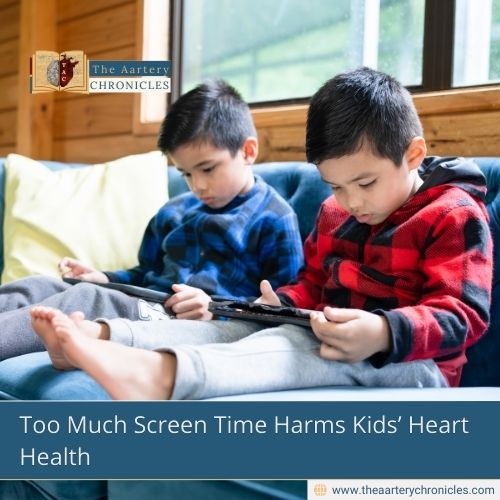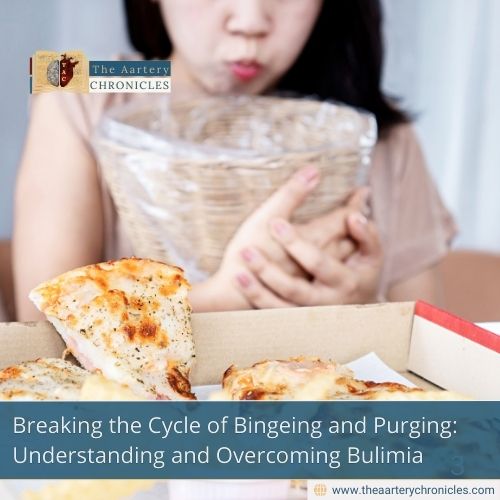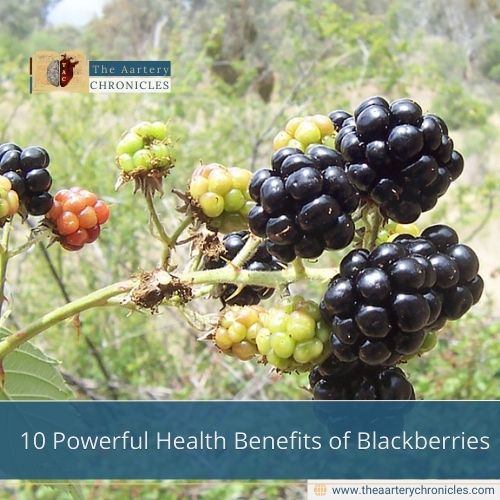

Can Baby Poop Predict Lung Illness? New Study Says Yes
New research suggests early fungal activity in the gut may influence the development of Bronchopulmonary dysplasia (BPD), a life-threatening lung condition in preterm babies.
Background: The Challenge of Premature Birth
Babies born extremely early especially those weighing less than 3.3 pounds often have lungs that are not fully developed. These infants usually need high levels of oxygen and mechanical ventilation in the neonatal intensive care unit (NICU). While life-saving, this oxygen support can damage delicate lung tissue, contributing to a chronic lung condition known as bronchopulmonary dysplasia (BPD).
BPD remains one of the most common and deadly complications in very low-birthweight infants.
Gut Fungi Predict Lung Damage
In one of the largest studies of its kind, researchers from the University of Alabama at Birmingham (UAB) and the University of Tennessee Health Science Center found that the composition of fungi in the intestines known as the gut mycobiome in the second week of life is linked to a baby’s risk of developing BPD weeks or even months later.
The study was recently published in the journal Microbiome.
Key Findings
The research team analyzed the first stool samples (not including meconium) from very premature babies typically formed from digested milk during the second week of life. They discovered:
- Infants who developed BPD had less uniform and more disorganized gut fungal communities.
- Infants who did not develop BPD had more consistent and stable fungal profiles.
- There were no significant differences in the early bacterial microbiome between the two groups emphasizing the unique role of fungi.
Testing Causality in Mouse Models
To explore whether gut fungi actively contribute to lung damage and are not just a marker researchers performed experiments using mouse models:
- Faecal Transplants: Stool samples from human infants (either BPD or no-BPD) were transplanted into pregnant female mice to simulate human-like gut environments.
- Lung Impact: Newborn mice exposed to gut fungi from BPD infants developed worse lung damage compared to those given fungi from no-BPD infants.
- Antifungal Treatment: Mice treated with antifungal medication before giving birth had reduced lung injury in their offspring.
- Fungal Enhancement: Mice given extra Candida (a common gut fungus) showed worsened lung damage, confirming a link between fungal presence and BPD severity.
Clinical Implications
“These findings strongly suggest that gut fungi in the early days of life are not just passive passengers they may actively influence lung development and injury,” said Dr. Kent Willis, neonatologist and co-lead author of the study at UAB.
“Targeting gut fungi could offer a novel approach to preventing or reducing BPD in extremely preterm infants,” he added.
Dr. Ajay Talati, co-leader from the University of Tennessee, explained that healthy mycobiome development may provide protection, while disruptions could increase vulnerability to lung disease.
Conclusion
The study identifies a crucial connection between the gut and lungs in preterm infants via the fungal microbiome. While fungi are known to be key members of the adult gut ecosystem, their role in newborn health has remained poorly understood until now.
These findings open the door to potential preventive treatments, such as early microbiome screening, antifungal therapies, or targeted probiotics, to protect fragile infant lungs.
More research will be needed to fully understand the mechanisms and develop safe interventions but the discovery offers new hope in the fight against BPD.
Source: Inputs from various media Sources

Priya Bairagi
Reviewed by Dr Aarti Nehra (MBBS, MMST)
I’m a pharmacist with a strong background in health sciences. I hold a BSc from Delhi University and a pharmacy degree from PDM University. I write articles and daily health news while interviewing doctors to bring you the latest insights. In my free time, you’ll find me at the gym or lost in a sci-fi novel.








